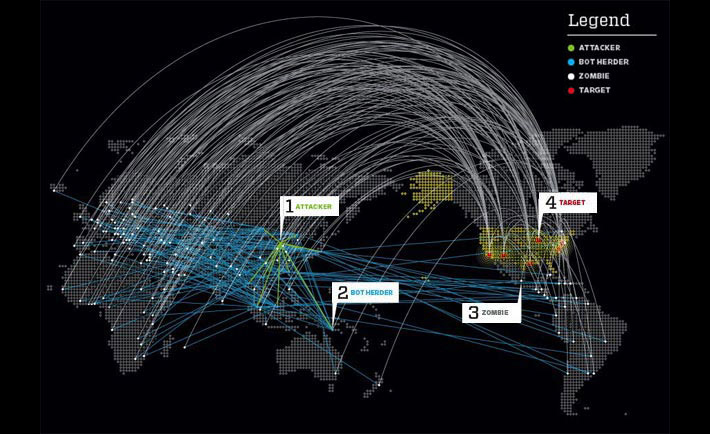Yes! Tips and Advice to Make Your Website Screamingly Fast.
Photo by CircaSassy / Flickr
The amount of time it takes for your website to appear is very important for quite a few different reasons. We’re going to explore those below, but before we begin, it’s important for you to know the current page load speed for your homepage at least. To do this, you can use Google’s Pagespeed analysis online. Use the free tool to see how well you stack up against your three major competitors. Not liking the results? Keep reading.
Why Web Page Load Speed is Crucial
First of all, you have to think about your human visitors. Whether they’re using a mobile device or desktop computer, they expect your website to load quickly. If it doesn’t, they’ll click away and find another one. Additionally, Google and the other search engines are using page load speed as one of many factors to determine whether or not to rank a web page and where to rank it in their index.
Tips to Improve Page Load Speed
Here are some easy things you can do to decrease the amount of time it takes for your pages to load.
-
Follow the Advice – If you followed the instructions at the beginning of this article, you should know how long it takes for your web pages to load on average. You should have noticed in the tool that Google gives you quite a few suggestions on how to improve your speeds. This is the very first place you should start to look for ways to get your website loading quickly.
-
Strip it Down – If something is not absolutely necessary on your website, get rid of it. Too many websites try to do everything for everybody. This is a mistake – even for mega sites like Facebook. Instead, pick one or a handful of things and do them all really, really well. Going deep rather than wide is a wise strategy in the Information Age. When you do this, you’ll find that you don’t really need all those bells and whistles that can slow down your website.
The speed of your website is very important to people and to Google’s robots. This is why you should make it a priority for all of your web properties. The good news is that once you do the work, you can reap the benefits for a long time to come. If you have any other specific tips for decreasing the amount of time it takes to load a web page, leave a comment and share your wisdom below. (And take a moment to let us know what you think about the time it takes for this website to load. Be honest, please!)
Author Bio:-
Sheila Kurdinger is a fan of Festool brand tools. She’s even bought them as gifts for her family and friends who aren’t so mechanically inclined. When not reclining in her chair in the living room, she likes to read about infographics online.


